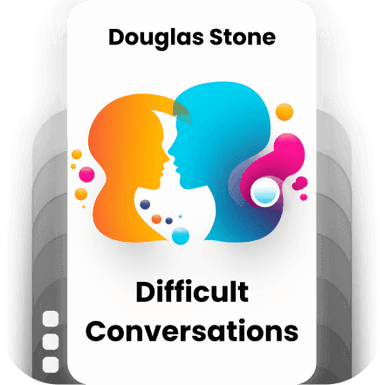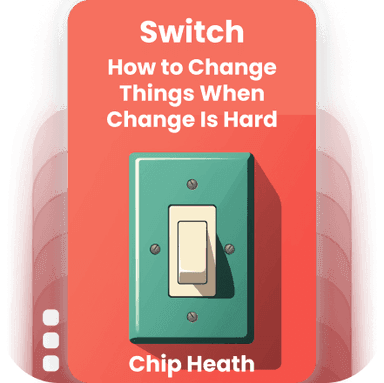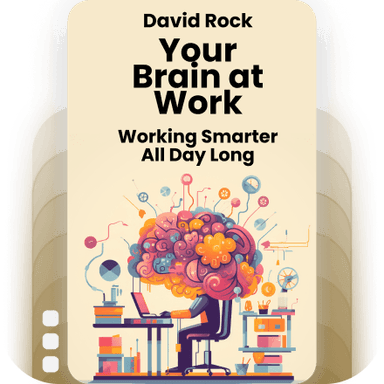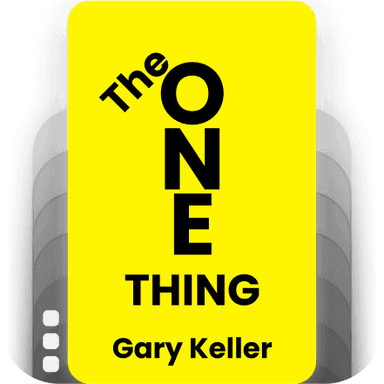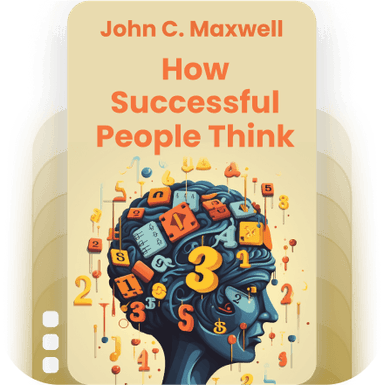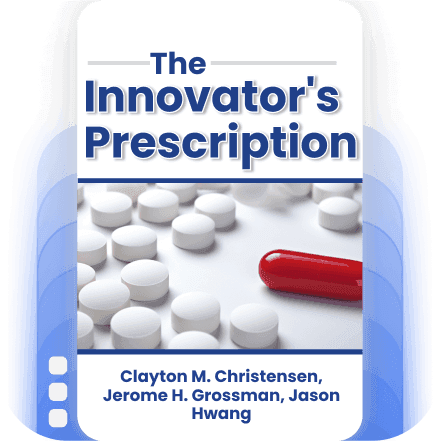
The Innovator's Prescription
Clayton M. Christensen, Jerome H. Grossman, Jason Hwang
4.0 - 5 ratings
10
List Points
10
Chapters
5
Topics
Description
This insightful book delves into the pressing challenges faced by the healthcare industry and proposes disruptive solutions to overhaul and improve it fundamentally. By applying the principles of disruptive innovation that have transformed various sectors, the authors argue for a strategic rethinking of healthcare delivery, financing, and business models. They explore innovative approaches such as customized care through precision medicine, the role of technology in streamlining processes, and new models of chronic disease management to make healthcare more efficient, affordable, and accessible. The ultimate goal is to present a roadmap for healthcare leaders and policymakers to create a more sustainable and effective system that better serves patients' needs.
What will you learn?
By reading this book, you will gain insights into how disruptive innovation can transform the complex and often inefficient healthcare system. The authors provide a comprehensive analysis of the industry’s current challenges and offer practical solutions for improving healthcare delivery and reducing costs. You'll learn about new business models, technologies, and policy approaches that can drive significant improvements in patient care and accessibility. Whether you're a healthcare professional, policymaker, or simply someone interested in the future of healthcare, this book will equip you with valuable knowledge on leveraging innovation to tackle persistent problems in the sector.
Who’s it for?
• Healthcare professionals looking for innovative solutions
• Medical students and educators
• Entrepreneurs in the healthcare sector
• Policymakers involved in healthcare reform
• Investors focused on healthcare innovation
Categories
Key Learning
Available chapters to listen for this topic- 1
Understanding Disruptive Innovation in Healthcare
Explore how principles of disruptive innovation can transform healthcare, moving from high-cost, high-complexity environments to more affordable and accessible solutions. - 2
The Role of Business Models in Healthcare Transformation
Examine different business models that can drive innovative disruption in the healthcare industry, focusing on new entrants that challenge traditional establishments. - 3
Precision Medicine and Personalized Healthcare
Learn how advances in genomics and diagnostics tailor personalized healthcare solutions, making treatments more effective and reducing costs by targeting specific patient needs. - 4
Value-Based Healthcare Delivery
Study the shift from volume-based to value-based healthcare practices, emphasizing outcomes, patient satisfaction, and cost-efficiency rather than the quantity of services rendered. - 5
Consumer-Driven Healthcare
Assess the impact of empowering patients with information, tools, and choices, enabling them to make better healthcare decisions and take control of their health journey. - 6
Technological Enablers in Healthcare Innovation
Investigate the role of new technologies such as telemedicine, mobile health applications, and wearable devices in disrupting and improving healthcare delivery. - 7
Integrating Contextualized and Decentralized Care
Understand how moving care delivery closer to the patient’s context—such as in retail clinics or at home—can enhance access and reduce the overall cost of healthcare. - 8
Chronic Disease Management and Preventive Care
Dive into innovative models for managing chronic diseases through proactive prevention, continuous monitoring, and coordinated care to improve patient outcomes and reduce long-term costs. - 9
Redefining Roles of Providers and Healthcare Professionals
Explore how the changing landscape of healthcare calls for new roles and training for healthcare professionals, fostering interdisciplinary teams for better patient care. - 10
Policy and Regulatory Implications for Healthcare Innovation
Review how healthcare policies and regulations must evolve to support and enable innovation, addressing barriers to the widespread adoption of disruptive healthcare models.


